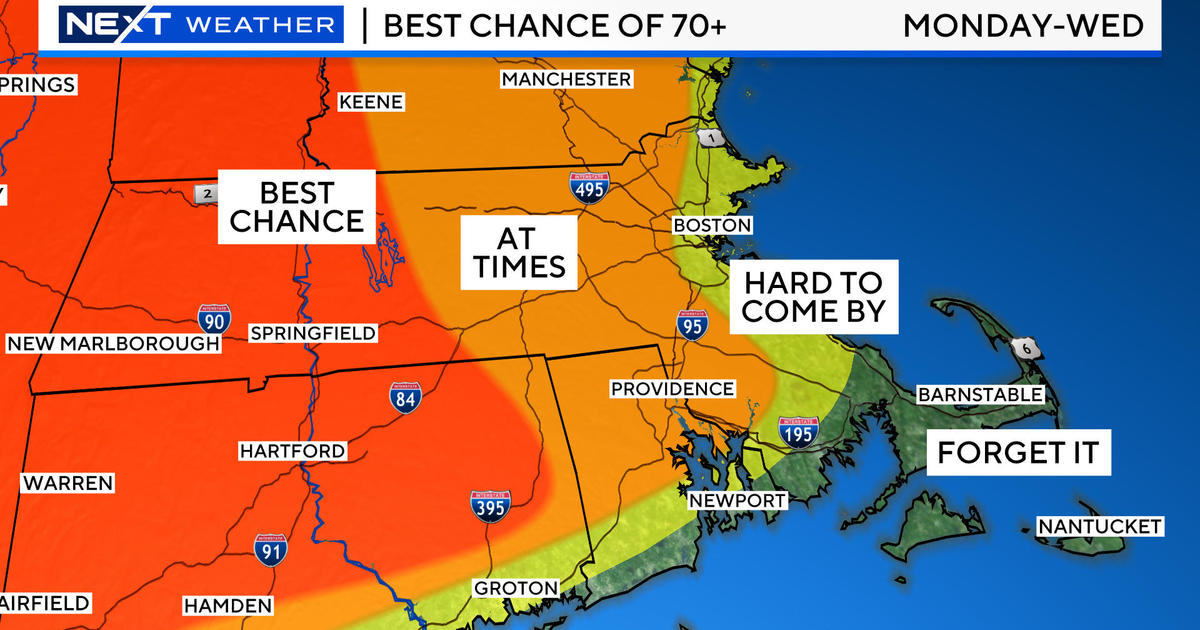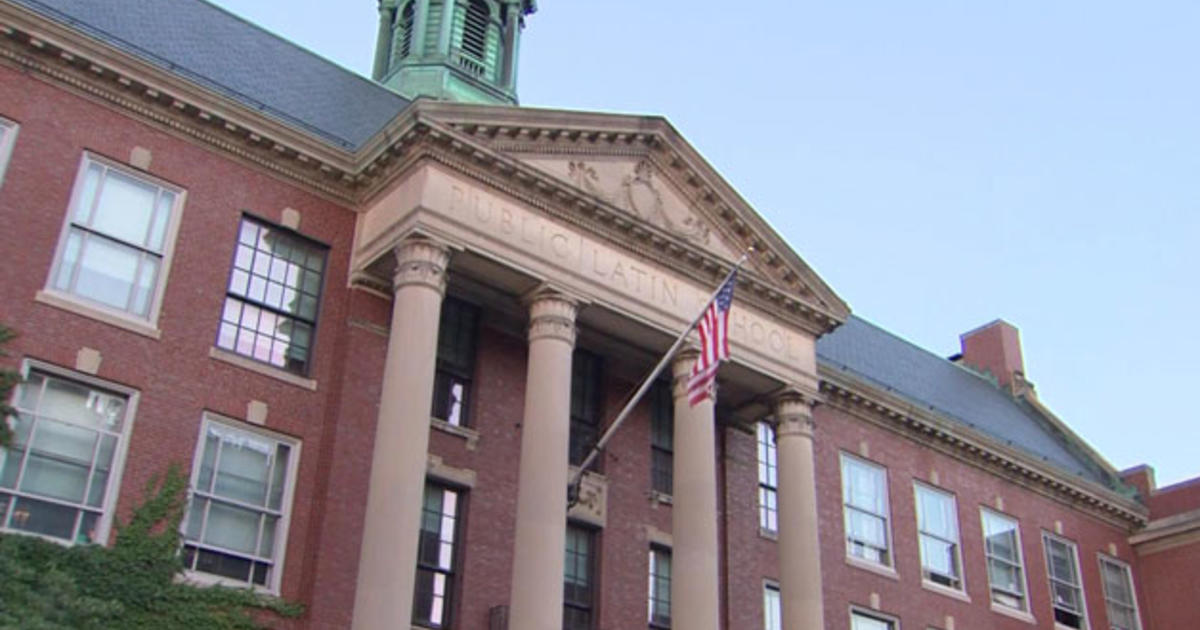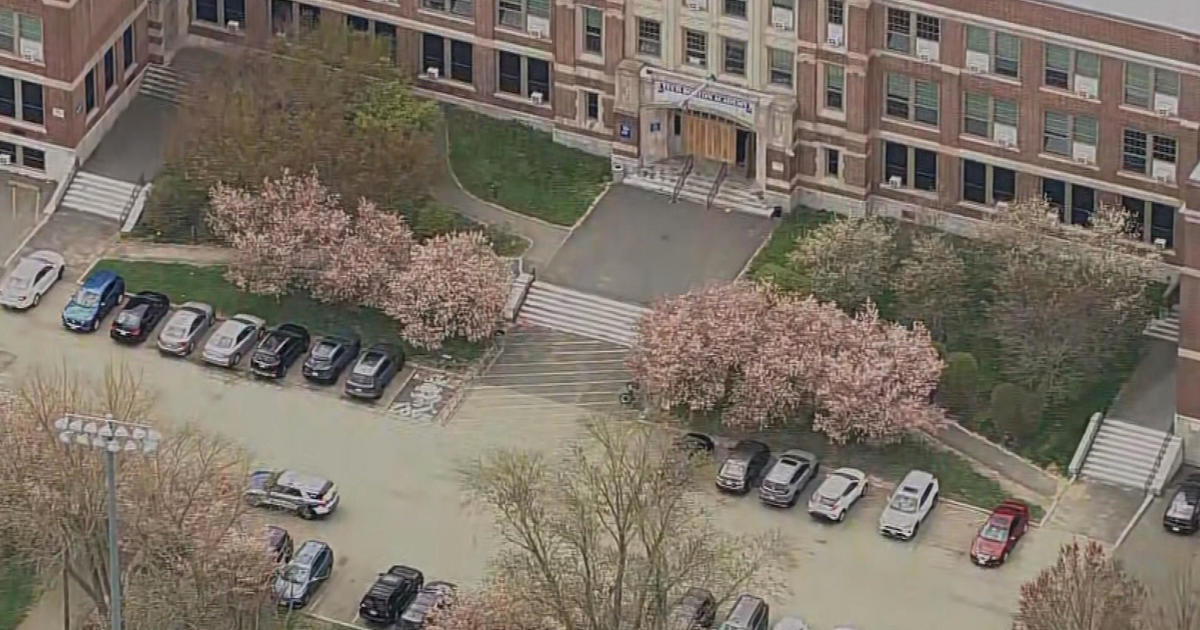Those Holiday Scams
BOSTON (CBS) - This time of year, when so many of us are frazzled, it is easy to let your guard down and be scammed. And scammers are everywhere.
You want to avoid public Wi-Fi. It's accessible to anyone who wants to see what you're doing online. Never enter credit card information, access sensitive email or do online banking with a public Wi-Fi connection.
I just read about the sister gift scam on Facebook. The post claims that by participating in a "secret sister" gift exchange, you'll receive 36 gifts (or books) in exchange for one $10 contribution. Don't! It's a pyramid scheme where by you send $10 to person's name on the top of the list with the hope you will get lots of money.
Then there are all of the scams that anti-virus software company McAfee warns us about.
- You've Got Mail: Think twice about clicking links in shipping notification emails. Verify the email is really from the company before giving away any personal information.
- Deceptive Advertising: Beware of deals that are too good to be true. Make sure online and social contests are posted on a company's official page before clicking and entering your contact information.
- Buyer Beware: Check your credit card statements every single month. Point-of-sale breaches have made headlines frequently, and likely will again before the holiday season is over. Some of your consumer rights have a time limit, so don't wait several months before reporting any suspicious activity on your statements.
- iScams: Your smartphone is also your credit card, house key, camera and email. It makes you more vulnerable to malware. Stick to official apps to download.
- Getting Carded: Don't open e-cards unless they're from someone you know and a trustworthy site. The link could set you up for malware.
- Holiday Travel Scams: Avoid fake online deal links offering low price airfare or hotel rooms. Make sure the links go back to a trustworthy site before you click.
- Bank Robocall Scam: Be suspicious of phone calls from your bank or credit card who claim your account has been hacked, then ask for personal information to fix it. If you're ever in doubt, hang up and call the company directly.
- ATM Skimming: Before you get cash, check out your ATM. If the cover, keypad, or card slot look loose or different than usual, a skimmer device could have been placed there to steal your banking information.
- Year in Review Traps: You'll see a lot of year in review videos coming out in December. Clicking on suspicious links could infect your devices.
- BYO Device: Smartphones are often lost and stolen in the hustle and bustle of shopping and traveling during the holiday season. Don't leave your smartphone unattended to get stolen or hacked. And be sure you have it pass word protected.
- Bad USB: Pass on the free USB giveaways. These drives are an easy way for hackers to spread malware.
- Chilling Charities: Many of you will be donating this season, but do your research and double-check the URL before you give online. Go directly to the charity's page to make sure your money ends up in the right place.
....................
You can hear Dee Lee's expert financial advice on WBZ NewsRadio 1030 each weekday at 1:55 p.m., 3:55 p.m., and 7:55 p.m.
Subscribe to Dee's Money Matters newsletter here.



